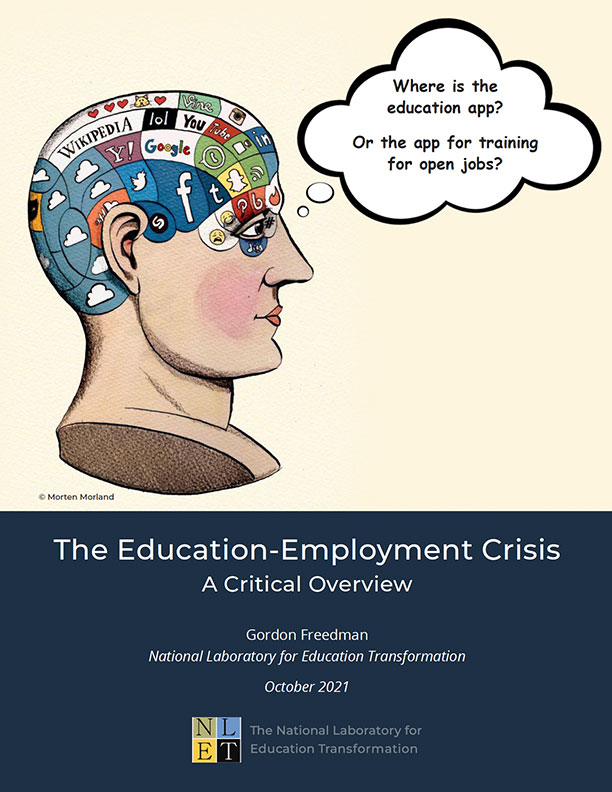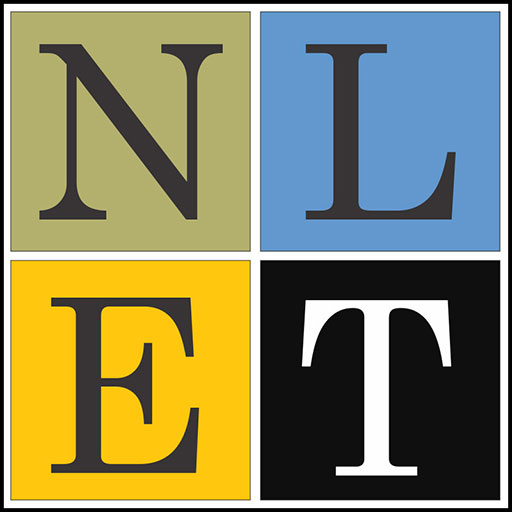
- Download the report
- Comments: info@NLET.org
As supply chain problems wreak havoc with goods and transport, shortages in the production and supply of human capital also are threatening the economy. And the labor market woes are more complex than talent sourcing alone.
Compounding the challenge are millions of departing teachers—the frontline in replacing the pool of U.S. workers. This is troubling.
Suddenly, we lack teachers, truck drivers, port workers and others who are unmoved by higher wages, better benefits, and signing bonuses. Their choice is not only about work, but about working right. A new form of “un-organized” collective bargaining is emerging, where employees or potential employees now operate in a seller’s market, one with new demands and that faces rising inflation.
The American economic gospel of getting an education, earning technical certification, and finding a job has wavered as fundamental truths are questioned. Available jobs outnumber the number of unemployed and people are quitting their jobs at unprecedented rates. Many others are simply not motivated to explore education and training or look for work. Why is this?
Our education and work systems were heading for turmoil even before the pandemic. A year into crisis people began to wonder if the world would snap back once the virus was under control. Another year later, all bets are off.
This is not simply A = B. Covid did not just lead to turmoil in the education-to-employment pipeline, but to something deeper. History shows pandemics cause societal change, just as some cataclysmic events cause the natural world to change. I explore these issues and come to several preliminary conclusions in my new paper, “The Education-Employment Crisis: A Critical Overview.”
The paper explores two fundamentally new developments:The paper explores two fundamentally new developments:
- It’s not just about work. The hierarchical organization of education, employers, and government no longer seem to have unwavering control over decision-making and behaviors.
- It’s impossible to understand what being “online from home” for two years has created in terms of expectations from place-based education, online certification, and remote employment, or their traditional forms and methods.
The paper is based on a review of contemporary literature combined with conversations with high school and college-to-work institutions, with state labor agencies, employers, economists, and technology and media developers in and outside of education and training. It concludes that the traditional human capital pipeline needs to be transformed by modern methods, ones that reach all people with engaging and relevant solutions.
